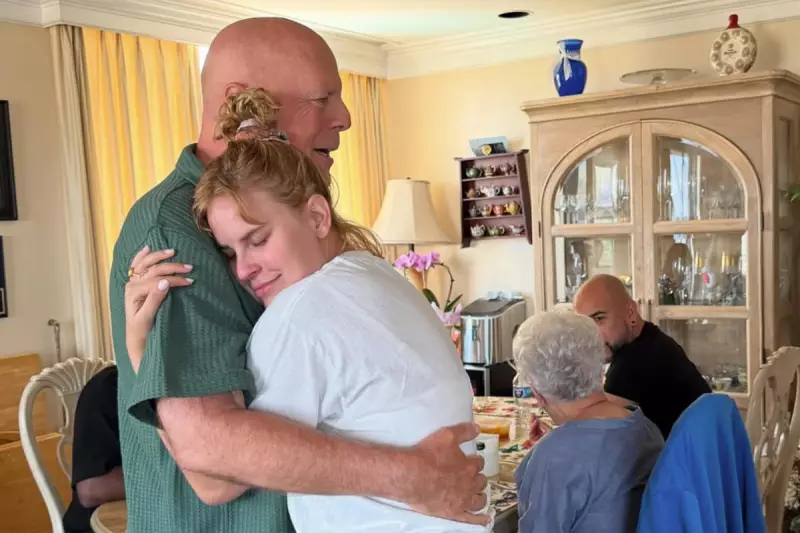
The family of Hollywood legend Bruce Willis has shared a profoundly moving and heartbreaking update on his ongoing battle with frontotemporal dementia (FTD), offering a rare and intimate glimpse into the reality of his condition.
In a candid interview with The Bulletin, his daughter Tallulah Willis revealed the condition has progressed significantly, stating her father is "not totally verbal" anymore. This marks a devastating development since his initial aphasia diagnosis in 2022, which was later refined to the more specific FTD.
The Heartbreaking Reality of FTD
Frontotemporal dementia is a cruel and progressive disorder that primarily attacks the frontal and temporal lobes of the brain—the areas responsible for personality, behaviour, and language. Unlike other forms of dementia, memory can remain relatively intact in the early stages, while core aspects of a person's identity fade.
Tallulah described the painful experience of witnessing her father's decline, noting that while he may not be able to communicate in full sentences, he is still "so present" and connected through his physicality and energy.
A Family United in Love and Care
The Willis family has shown remarkable unity and strength throughout this ordeal. The update emphasises that Bruce is surrounded by constant love and support from his wife, Emma Heming Willis, his ex-wife Demi Moore, and their three daughters: Rumer, Scout, and Tallulah.
Their approach has been one of radical acceptance and joy, choosing to focus on the moments of connection that still exist. "All love and adoration and joy is received and met and reciprocated and… that's our language now," Tallulah explained, highlighting their new way of communicating with the Die Hard star.
Raising Awareness and Funds
In the face of this personal tragedy, the family has turned their focus towards advocacy. They are determined to use their platform to raise awareness about FTD and support research efforts.
The family has been actively involved with the Association for Frontotemporal Degeneration, helping to significantly boost public understanding and research funding for a condition that has historically been underfunded and poorly understood.
This public sharing of their journey is not just a personal update but a mission to shed light on the thousands of families navigating similar heartbreaking paths.





